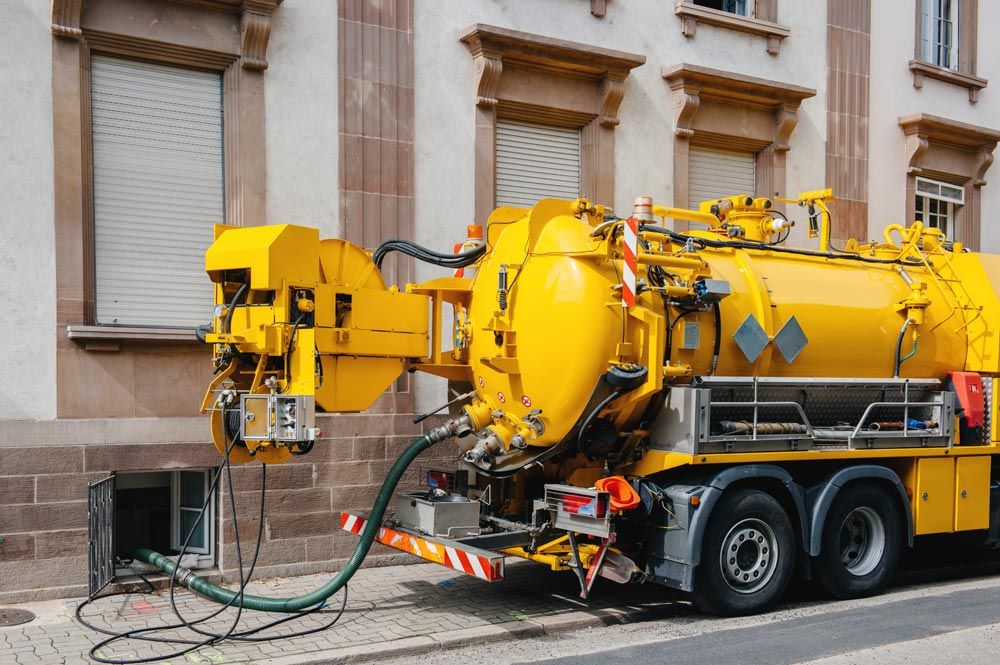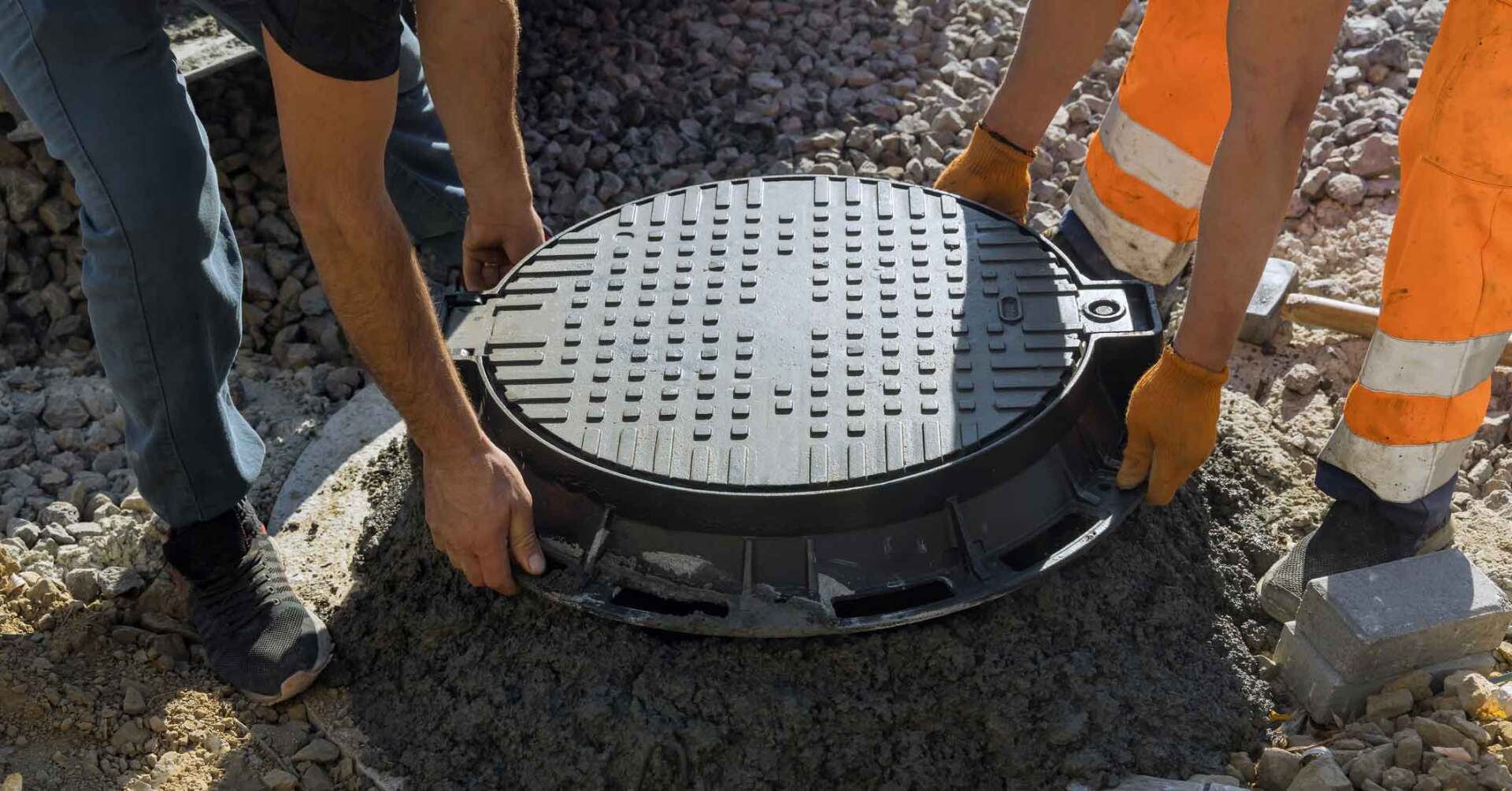5 Cleaning Products That Damage Your Septic System
You may have heard that some cleaning chemicals cause problems for your septic tank's flora. But you need to do more than just avoid bleach. Here are five types of cleaning products to swap out for something less threatening to your septic system.
1. Bleach
Chlorine bleach has extremely strong antibacterial properties, which damage the beneficial anaerobic bacteria in your septic tank and the bacteria (both aerobic and anaerobic) in your septic leach field. Although occasional and limited use aren't likely to cause a problem, regular use is.
How you use the bleach also makes a difference. If you spray a bleach-containing cleaner on your bathroom floor and then wipe with a rag, traces of bleach will end up in the washing machine when you wash the rag. These trace amounts are less likely to cause problems than a capful of bleach poured into the machine to whiten laundry or cleaners poured into your toilet bowl.
2. Detergents
Even non-bleach detergents often contain ingredients you don't want to put into your wastewater stream. For example, surfactants and phosphates can contaminate the surrounding environment, including your well water.
Another reason to be careful what detergents you use is that powdered detergents increase clog formation in pipes, especially if overused. To avoid this, choose liquid detergents or r try more concentrated powdered detergents with fewer filler ingredients. Look for high-quality, phosphate-free options and use a minimal amount.
3. Antibacterial Soaps
Common sense says that anything with antibacterial in the name is likely to be bad for your septic tank's bacterial colonies. And sure enough, constant use of antibacterial soap can be damaging to the septic ecosystem. Although the colonies can handle a little antibacterial action, using this type of soap every day is unhealthy for them.
To avoid this problem, choose non-antibacterial hand soap for your bathroom sink. Then use a hand sanitizer product after washing if you're worried about germs on your hands.
4. Auto Toilet Cleaners
You may not have realized this, but those auto-cleaners that live in your toilet bowl and release cleaner with every flush are also likely to have damaging ingredients in them. As with any cleaner, check for surfactants and phosphates before you buy one of these.
If the product has phosphates, antibacterial ingredients (such as bleach), or high levels of surfactants, it may damage your septic system. To be fair, a toilet cleaner is unlikely to kill all the bacteria in your septic system singlehandedly, but it may still do some damage; the chemicals can really add up if the cleaner dispenses with every flush.
5. Drain Cleaners
Drain cleaners are highly concentrated chemicals designed to cut through greasy clogs in the drain by dissolving them. This is why they're so corrosive and toxic, much more so than typical household detergents. Instead of bleach, ammonia, or other typical cleaning chemicals, these cleaners often have lye (sodium hydroxide) as the active ingredient.
Because they're so concentrated and harsh, drain cleaners are not only hazardous to your family and pets, but to your septic tank and drainfield as well. It only takes a small amount of drain cleaner to damage the bacteria in your septic tank. Call a plumber instead of using chemical drain cleaners. If that's not an option and it's an emergency, try an enzyme-based cleaner.
These five cleaning products all damage your septic system's internal flora. If you have these cleaners in your home, dispose of them responsibly at a hazardous waste facility.
Septic systems may seem complicated and finicky at first, but if you follow simple rules and enlist professionals for any maintenance or repairs, you should be in great shape. Get in touch with GYST Consulting today if your septic system is due for a checkup or pumping.




